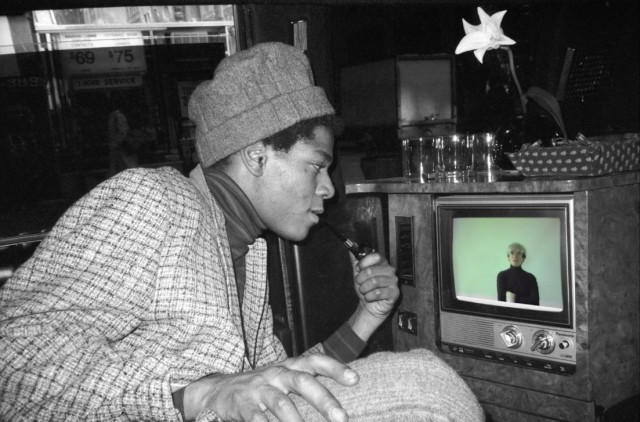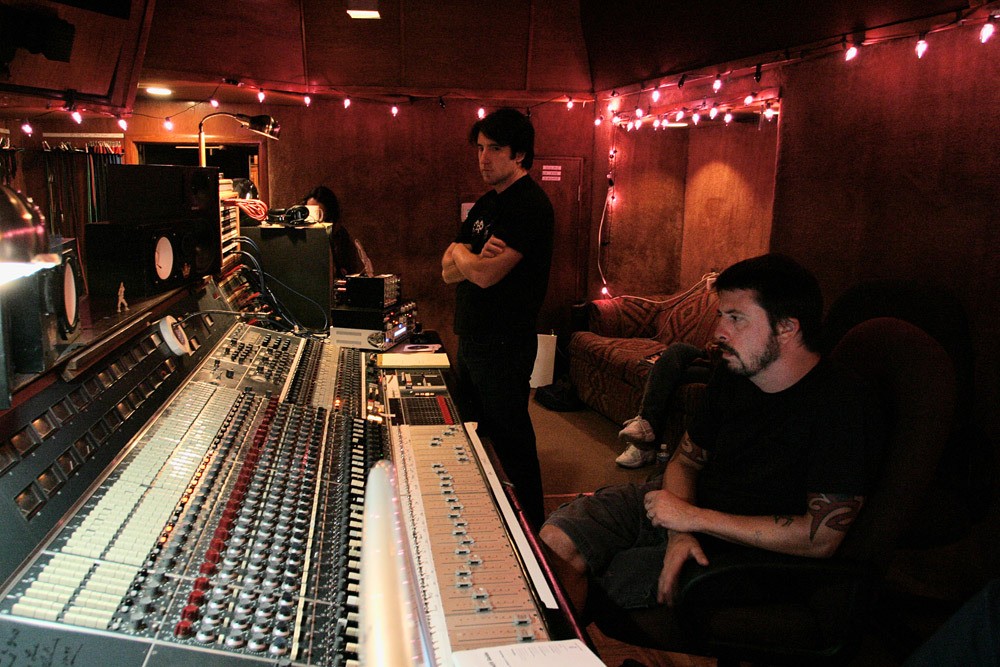
The idea of “failure” has often been understood as objective and one-dimensional, with failure as the opposite of the constructed notion of “success.” Failure can also be viewed as a multi-faceted process that operates outside of a failure-versus-success model, and occurs across layered facets of the media industries that reverberate on cultural, political, economic, and aesthetic levels.








